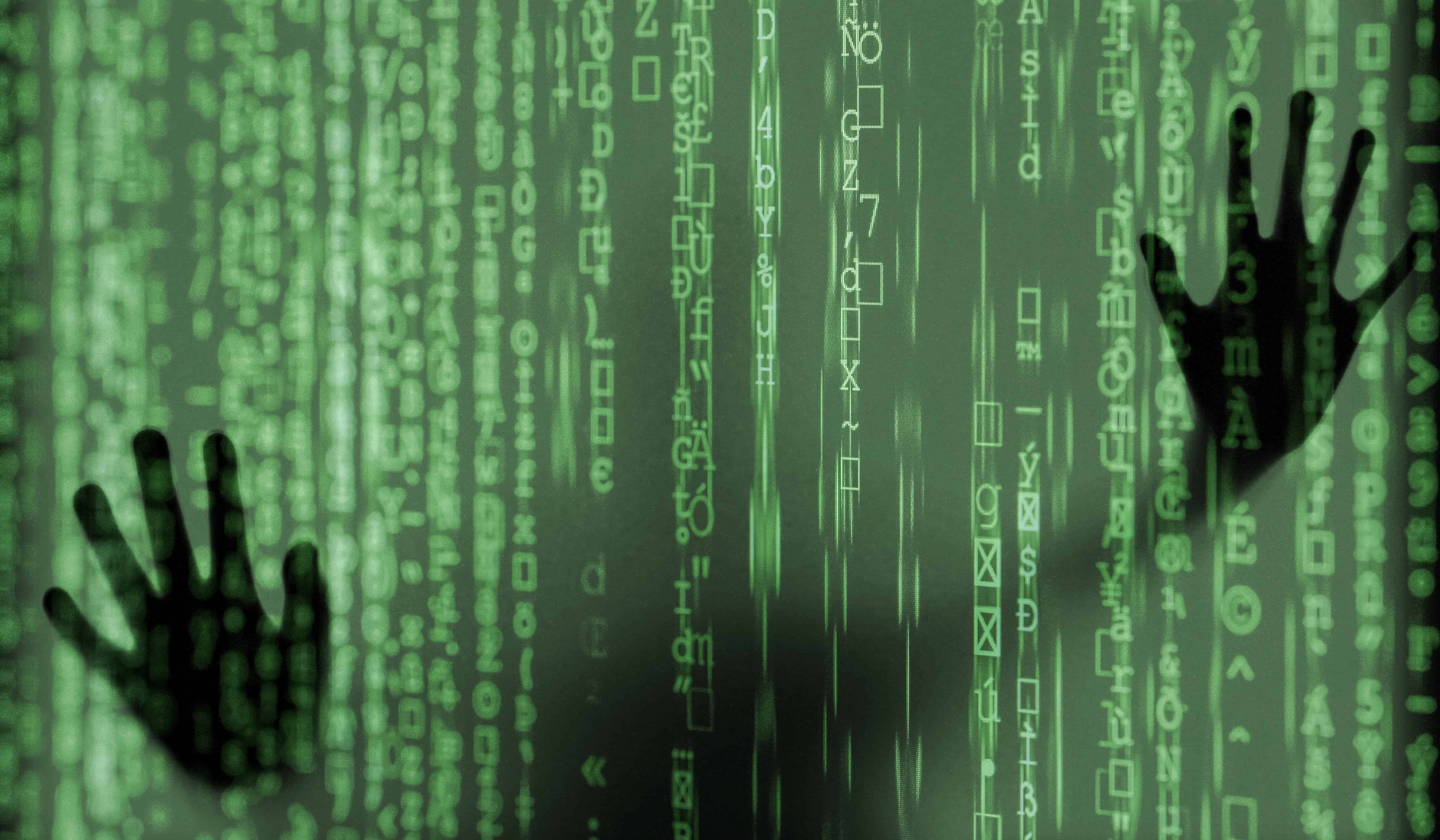Cyber security is a big word which also is somewhat lost in translation. As far as security goes, what are you actually wanting to protect?
Generically there are two boxes that are covered when talking about protection from online or digital threats. There is the protection that you do to ensure your data durability, in case of damaged hardware or mistaken action where you lose your hard worked information that you have stored on your computer or network hard-drives (including online “cloud” storage).
The second box contains the security of protection of your data and with it your identity, finances and more from an external attack. This comes in a variety forms, from malicious viruses being loaded onto your hard drive, to personal information being “scrapped” or stolen from online services, i.e. social media sites, or online shopping websites, or even banking portals.
Both need to be addressed when you rely on the digital tools that now fill every part of our administrative and internet connected lives.
For your physical data protection, be it on cloud storage or on local storage you should always consider having the data duplicated in a second location, if the data in anyway is important to you. Cloud storage sites like Dropbox, Google Drive, OneDrive etc have a very robust setup and are unlikely to lose your data. In the case of cloud storage like these losses of data are more likely to happen due to the service provider blocking your account for whatever reason, change of their service policies or government laws. Simply remember, in the case of cloud storage you have left your data in the hands of a 3rd party.
Local storage security on the other hand is very dependent on what type of hardware that you use, and in how many locations you keep it! Data on a single hard drive is only as safe as the quality of that hard drive, and no hard drive is 100% robust. A network storage may employ 2 or 3 (or more) hard drives to replicate the data across them, so that if one fails the others serve to recover it. But this does not protect the data from fire or other environmental damage. Here you should simply consider the need of keeping a copy of the data at another physical location. This can be done either over the internet on a regular (daily, weekly) synchronisation schedule, or by physically taking a full hard drive copy and storing it at some safe onshore site. Actually, here I recommend that on a 6-month rotation you do exactly that, take a copy and store it at a safe place, away from the vessel.
The second box, the security against an attack on your company or personal data to much extend is a minefield and very much up to your belief of how extreme you wish to go. Here we need to look at not only the attack of someone trying to access with force your network or computer by use of viruses, or hacking away at your firewall, but also the activity of “scrapping” and stealing online information about you as an individual or as a group, be it for marketing purpose or to get your usernames/passwords.
The news is full of stories about company databases having been broken into and their client information, email addresses as well as credit card details haven been stolen. You may want to check this website https://haveibeenpwned.com to see if your email address was in any of these thefts!
Social Media sites suffer heavily from companies and organisation that go through all the pages to collect any personal information, be it simply to fine tune their marketing techniques, or to sell collective information used in marketing (and spamming, the act of sending unsolicited email). There are also those that use stolen account information, joined with scrapped social media data that then attempt to scam or blackmail you into paying them money for their word not to use your private data against you.
These are acts that are much harder to protect yourself from. A good firewall at least will ensure that your private network is protected as much as possible from the outside as possible, but it is only as good as the quality of the passwords you use, and how often you change it! Password managers come in very handy here. But this cannot be stated often enough, ensure you do not use default passwords, do not use “easy” and common passwords, like “12345678” or “passw0rd” and ensure you change it at least every couple of months!
As to what you put on social media sites, again it is something that you will need to make a personal decision on. But what you need to have clear is that everything that you post on any of these sites is public, and being public it is available for anyone to take, and use. So, as you post it, simply consider if it is important information that profiles you or could be used in a manner that you disagree to. Surely you have seen the effect of you having looked at something on one website, and within a day you are looking at another website and which advertises exactly what you have been looking at before! It’s no coincidence… Someone is profiling you!
This article was written by Tim Gorter, teletechnics.com. Teletechnics provides full shoreside support to Superyacht engineers and ETO’s, providing remote monitoring as well as specialising in troubleshooting and analytic maintenance. Join the workshops organised in Barcelona during the winter months, more on teletechnics.com


